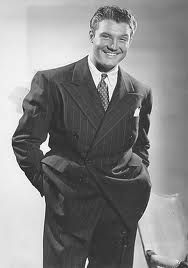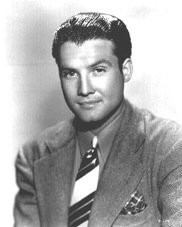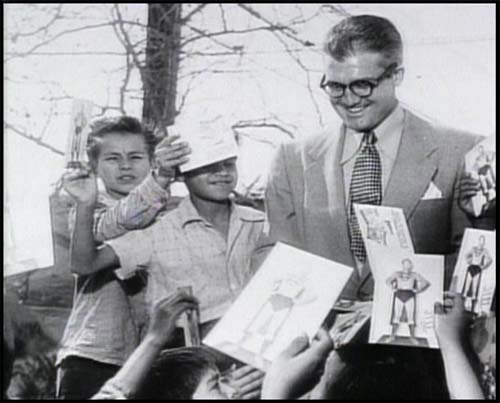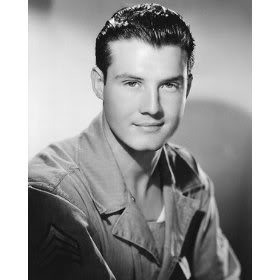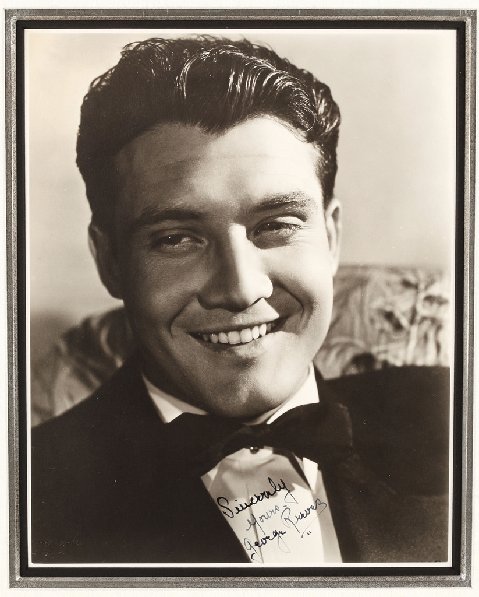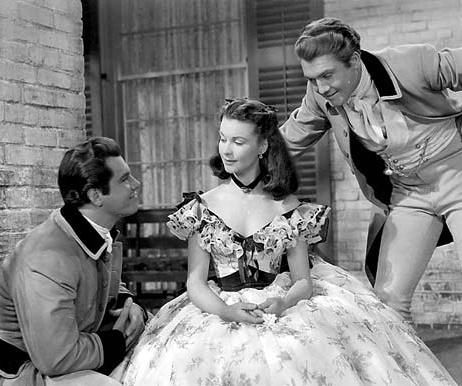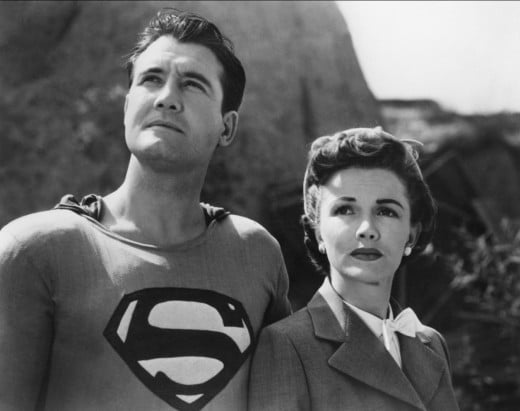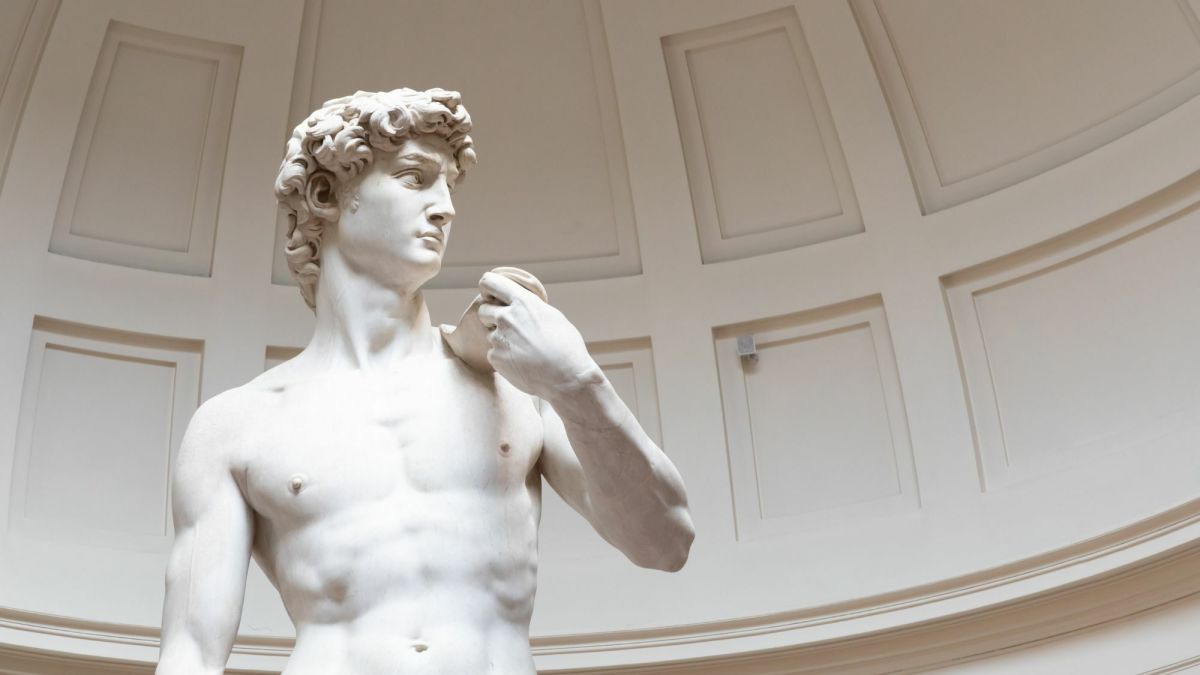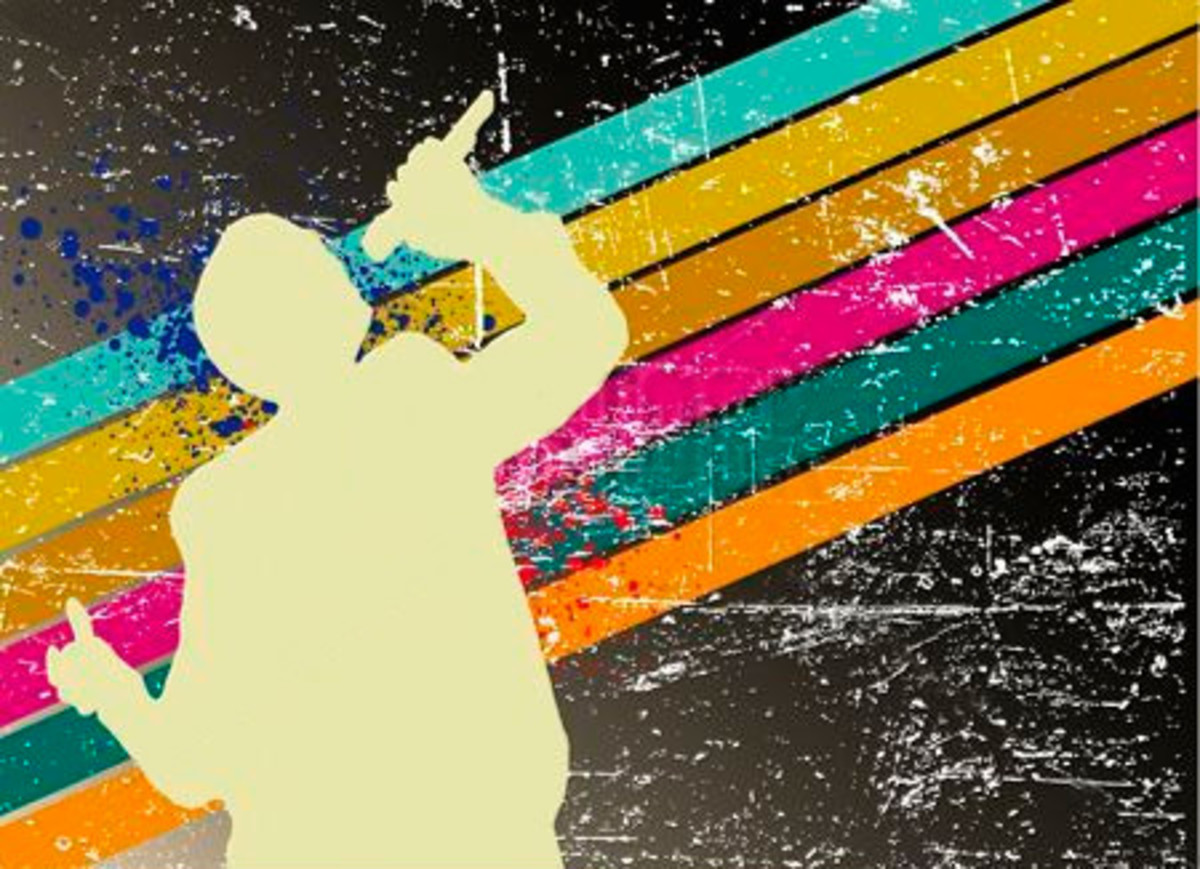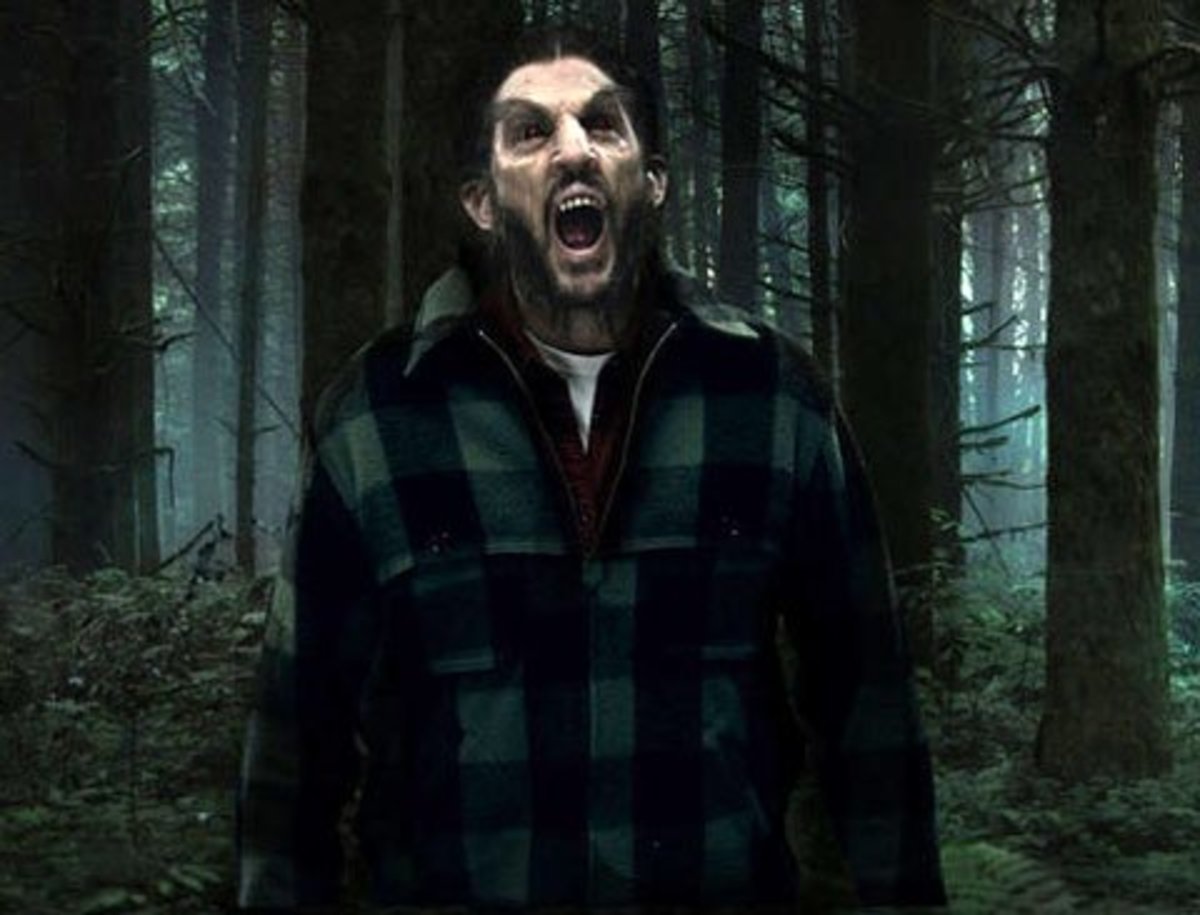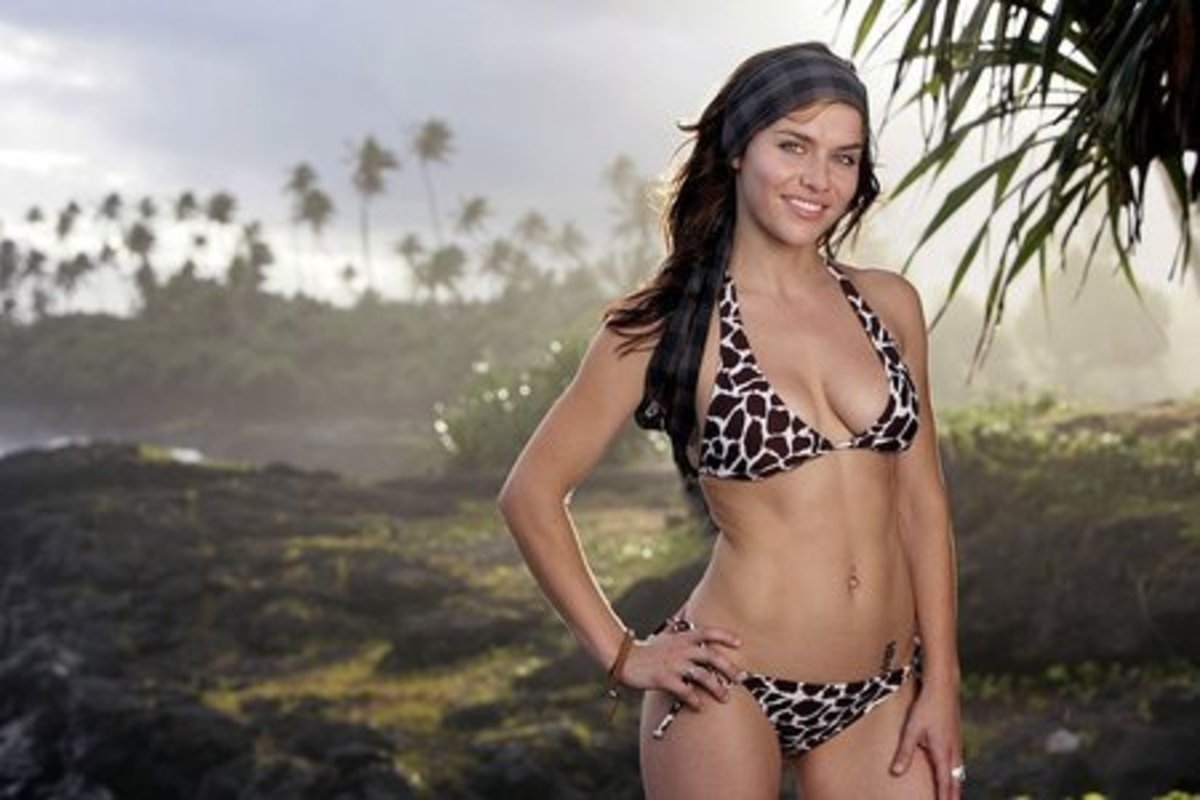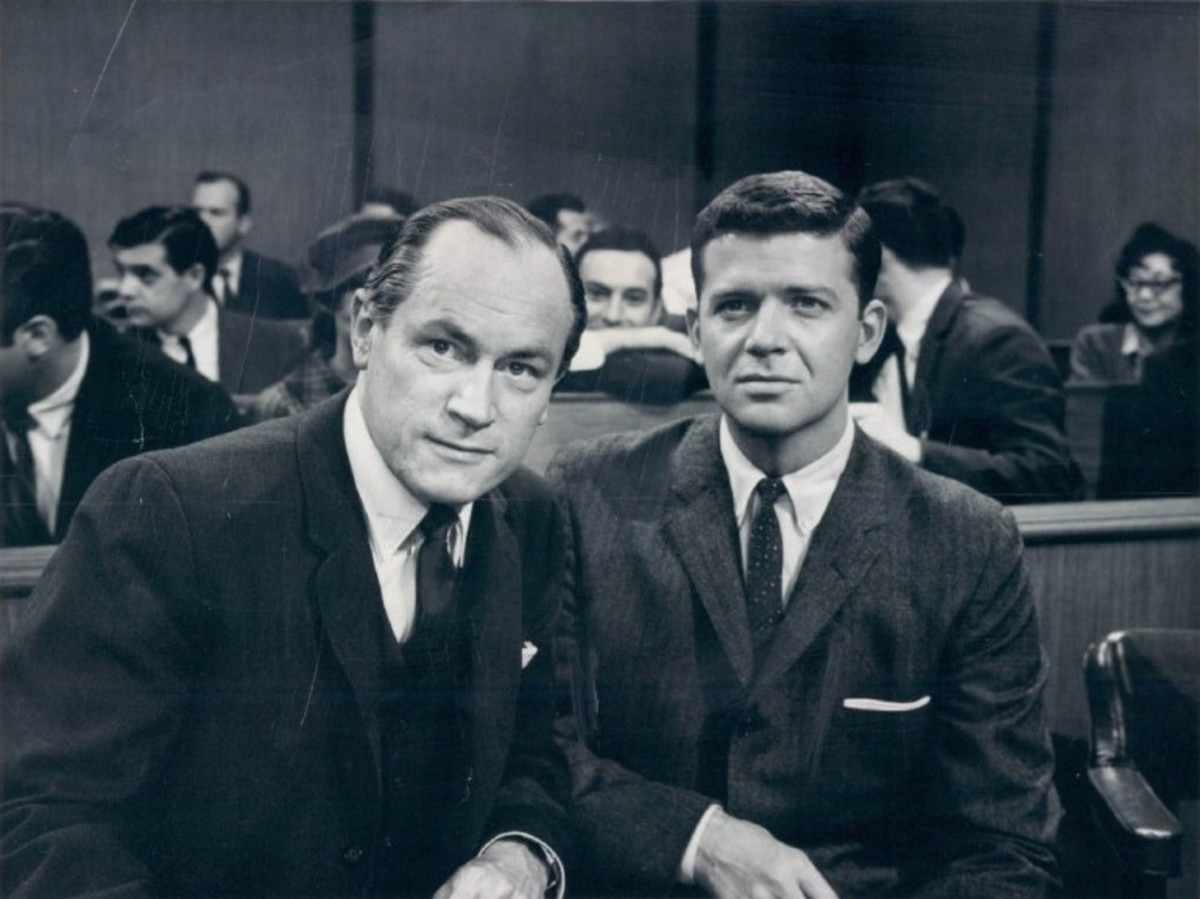Superman for Adults
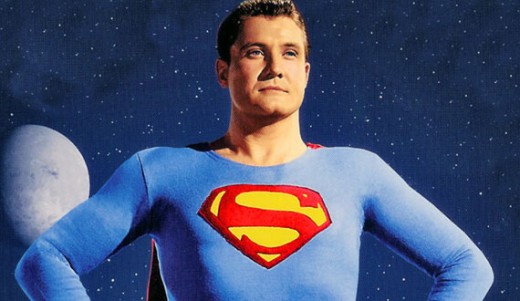
Intro
To date, George Reeves has played the most confident, handsome, adult Superman/Clark Kent in the TV series as exemplified in "The Adventures of Superman." Although this program has long been dismissed as a mere "kiddy" show, I don't think the label fits perfectly. I'll attempt to explain my justification for this opinion in the paragraphs below. While the scripts of each episode were certainly crafted for children, they were watchable by adults. I know this because my mom used to enjoy the program with me. For the most part, "The Adventures of Superman" was not campy (compare it to Adam West's "Batman). Everyone acted pretty much like real human beings and not like characters in a parody. I say that the show was for adults for three primary reasons:
Handsome
While Christopher Reeve wins the most alien-looking Superman in the club, and although he was certainly a handsome fellow, he didn't have that peculiar radiance movie/TV stars possessed from the golden era of Hollywood. This is a difficult concept to describe. But you know it when you see it. Looking at a well-lit studio pose of Heddy Lemar or Elizabeth Taylor (from their peak periods), it's hard to feel as if you are not looking at angels or human beings cloned to a state of perfection.
Considering that George Reeves had a role in "Gone With the Wind" back in the 30s, he held up amazingly well. He possessed an infectious smile, a reassuring tone, a constant radiance of strength.
I've included a few extra pics of Reeves to give you an idea that it wasn't his appearance that held him back from "greater glory" but the type-casting as Superman. Reeves captured a role in "From Here to Eternity" opposite Burt Lancaster. In audience testing of the uncut film audiences tittered when Reeves showed up on screen. Thus, all of his scenes were removed. This is certainly cruel, but it does prove one or two things. One is that Reeves had done such an outstanding job as Superman that people could not accept him in any other guise.
Confident
Reeves, as Kent, was not a stumbling stooge. He just had a knack for disappearing at a climactic moment to change into his costume. Kent was a master of deception. If asked by Lois if he (Kent) was coming along to some calamity, he would retort something in an urgent tone like, "Don't worry about me. You two go ahead while I contact Inspector Henderson." Kent doesn't faint at the idea of going into danger, but he uses dodges to their highest effect.
Reeves didn't change his voice when he altered from Superman to Kent. This would have seemed silly/campy.
He basically always knew what to do and even set some thought-filled traps to capture his nemesis without resorting to any violence, thereby instilling a great deal of confidence with the audience.
Perhaps because Reeve's was older, he exuded the confidence of the man of steel, without seeming hokey. He had a commanding voice and a piercing gaze. His combed-back hair gave him a sleek, high-forward look that denoted a high degree of intelligence. Even in the early episodes he didn't seem like a rookie, rather, he appeared as a polished super-being. He wasn't loaded down with neurosis or love sickness.
Adult
My third point is that Reeves portrayed the most adult Superman/Kent. Whether as Superman or Clark Kent, Reeves almost always seemed self-assured and authoritative. To a large extent, Reeves did not switch personas between Kent and Superman. It was just understood among the audience that Kent's glasses and caution to stay in the background were sufficient to disguise his two identities.
"The Adventures of Superman" became a series long before anyone thought of inserting angst into a super-hero's character. Whether at the top of his game or the bottom of the barrel, Superman never complained. He absorbed his pain and isolation, and 99% of the time he seemed invigorated, happy, smiling, and laughing.
For me, this is what Superman is supposed to represent -- someone invulnerable, someone capable of overcoming all adversity and come out of it laughing. Today's younger audiences seem shackled to the idea that any super-hero must be wrestling with inner-uncertainty, inner demons. This is called "more realism."
Perhaps it is, and, if true, it's unfortunate because it may mean that this younger audience is incapable of experiencing the unflinching optimism of the hero who can overcome any adversity and still wink to the audience.
In my youth, Reeves was able to lift me to these heights despite the chaos and uncertainty in my home life.
It has been written that Reeves was unhappy in his private life and/or his role as Superman. If this is so, it certainly doesn't come across on screen. Once the cameras were rolling, he slipped into the Superman guise and left any self-doubts in the dressing room.
His co-workers on the show all admit that Reeves was a cut-up on the set, and this tells me he wasn't an utterly depressed man in his private life. Although I believe he hoped for more substantial/dramatic parts, I don't think Reeves despised his portrayal as Superman. Daily, he must have received carts full of fan mail from young and old alike.
Finally
Comparing Reeves with his predecessors is only useful in pointing out the unique gifts he brought to the franchise. A slightly older friend of mine (whom I did not meet until I was 21 years of age) told me that he met Reeves at a promotion -- an opening of a new grocery store. Impressed by this encounter, I asked him how he felt. My friend responded, "It was the best day of my life."
As a mere footnote, I enjoyed the confidence somehow intertwined between super-heroes and the perhaps naive way of America life. Fighting for "truth, justice, and the American way," didn't sound cornball or nationalistic in the 50's and early 60's. There was no political correctness in having Superman, Wonder Woman or Captain America knock the stuffings out of the Nazis or crime bosses. Things were much more clear back then. You either stood on the side of justice (which America was supposedly representing) or you were rooting for the Nazis. Superman and his pals kicked the Nazis in their butts, but even by the 50's we had other worries -- syndicated crime, the USSR and a greater awareness of Earth's humble place in the cosmos.
Using the word "America" in any context, even in a comic book title, has become something disdainful in certain foreign countries, and so the publishers and film makers leave it off -- like a dirty word. It's no wonder that today's heroes (even those who go by the same name) are full of woe.
